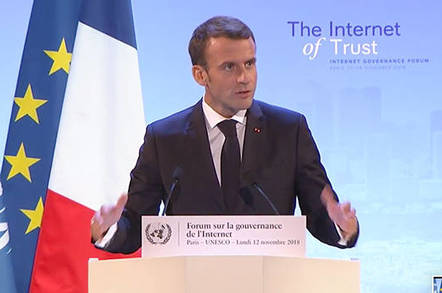I do not blog as much as I used to, but I found something disturbing in a Washington Post article that was asking whether Kamala Harris will have policies friendly to Silicon Valley.
I have two problems with this article:
- It would lead the reader to think the Biden administration has had no tech policy. That’s not true.
- It seems to imply that the tech companies have done their part in helping society. They have not.
Let’s start with the first.
The administration has pushed hard in an area no other has: cybersecurity. President Biden issued executive orders to improve the posture of IoT devices and software, by requiring transparency of vulnerabilities for all products sold to the federal government. DHS, NIST, FCC, and other branches of the government have worked hard throughout the last three years to get our infrastructure on a better footing. 1990s gave us Section 230. The 2000s gave us an Internet governance model that the Obama administration fought to retain. The Biden administration is fighting for the safety of our infrastructure. And that is something that all sectors of society, especially the tech industry, need, as they can’t sell products that are viewed as unsafe.
This brings me to my second point. The question should not be whether Harris has the Valley’s back, but whether Tech has our backs. Social media companies have been all but mute about adversaries like Russia, China, Iran, and North Korea taking advantage of offerings to harm our interests. They’ve profited over strife and discord in a way never seen, some of which has been sown by those same countries. At the same time, we all now heavily rely on the Internet infrastructure, as Crowdstrike painfully demonstrated. And yet the Valley is still playing the same hand they had in the 2000s: “We got this.”
The game has changed. The only real question is whether tech companies will accept that and work with the next administration and Congress to find new and innovative approaches that work for society.




